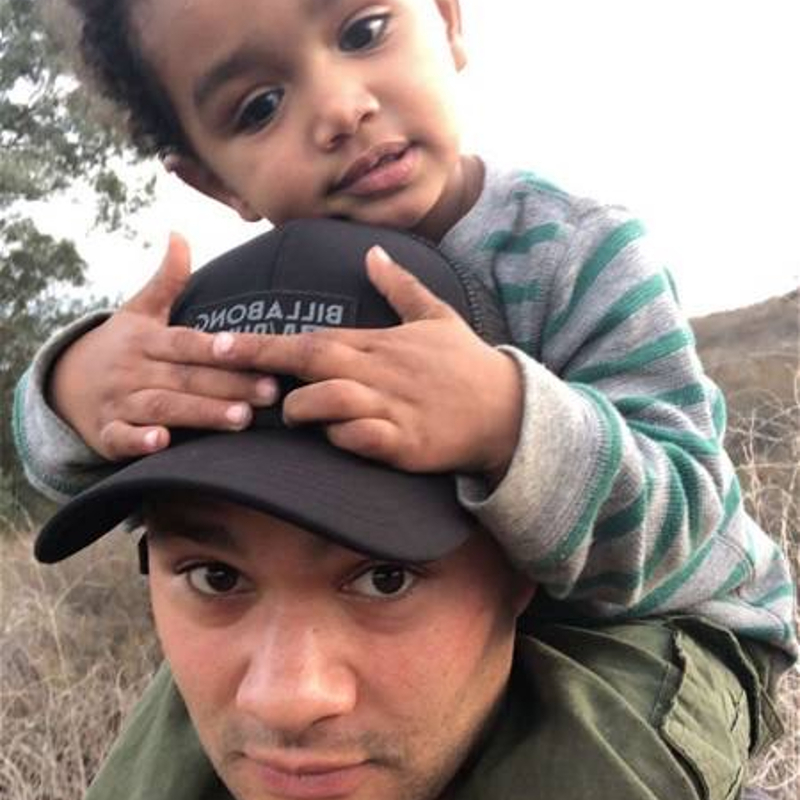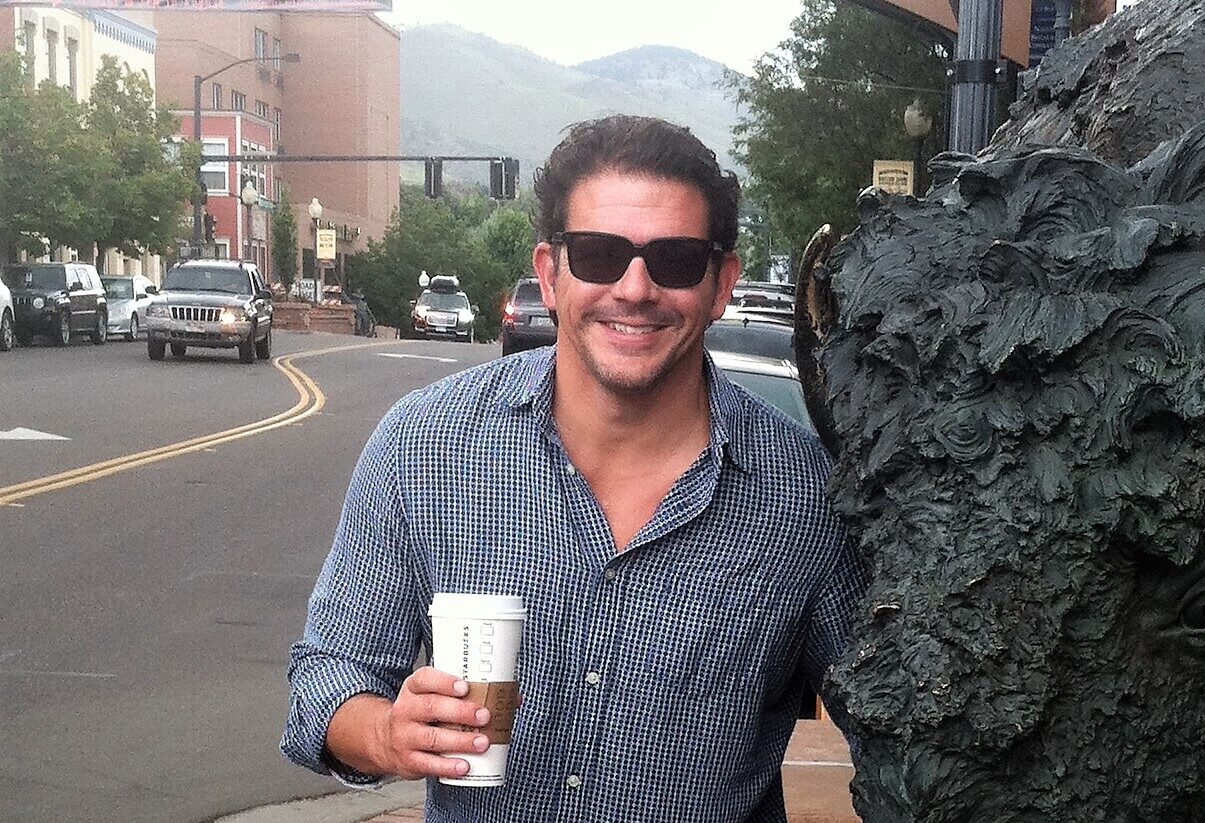Jamaar Jarrett was a standout athlete with a heart of gold. Growing to 6-foot-6, he was one of the top high school football players in the nation and earned a scholarship to play defensive end at Arizona State. Jamaar passed away in May 2023 at the age of 33. His family donated his brain to the UNITE Brain Bank, where he was diagnosed with stage 2 (of 4) CTE. Below, Jamaar’s mother Diana shares his Legacy Story to honor her beautiful son gone too soon.
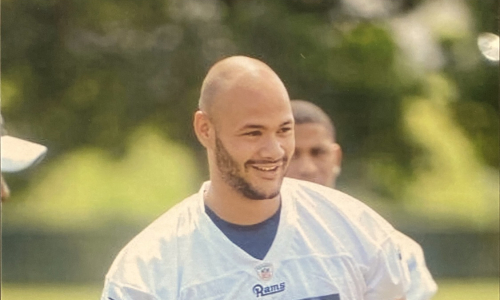
Jamaar Jarrett was born on March 28, 1990, and he was special from day one. Not only was he the baby of the family, he was also the only boy. Jamaar’s adventurous personality meant he was a risk taker from a young age. When he was only two, Jamaar was making small ramps for his bicycle and riding off of curbs. By five, he was mountain biking – literally on mountains!
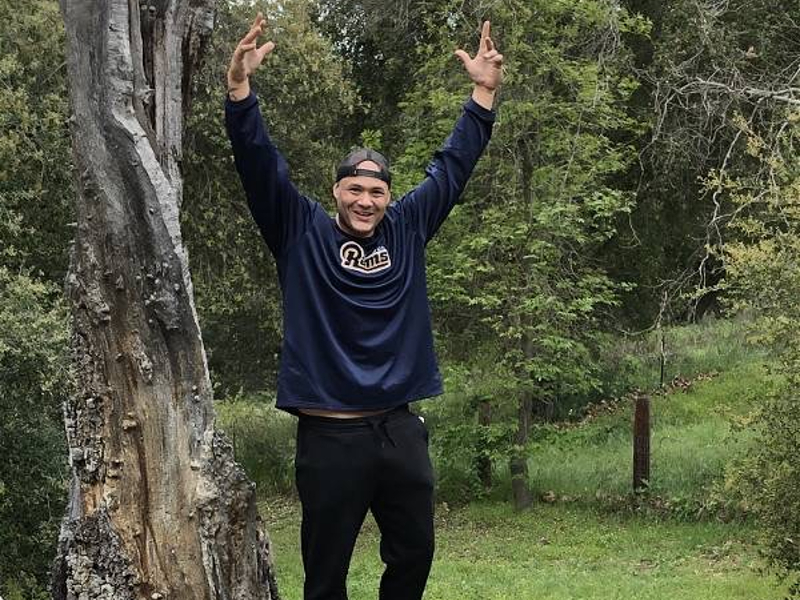
Growing up, Jamaar’s only dream was to play professional football and nothing else. I did not let him play until he was in seventh grade, when he begged to play Pop Warner football. Jamaar went through a growth spurt at this time and ended up only being able to play one season because he grew so big. He joined the high school football team in ninth grade, and after a few weeks, the coach wanted him to play varsity as a defensive end.
Jamaar was a football standout and was on the radar of football scouts almost immediately. As a senior, he was the No. 1 DE in San Diego County, the No. 2 DE in the Western region, and the No. 12 DE in the country. Jamaar was an incredible athlete, and standing at 6-foot-6, he couldn’t possibly go unnoticed. He received scholarship offers from schools in almost every state and eventually narrowed it down to two colleges: Arizona State and the University of Oregon. He ultimately chose Arizona State so he could stay closer to his family. This was a great choice for us, and we made sure to go to as many games as possible.
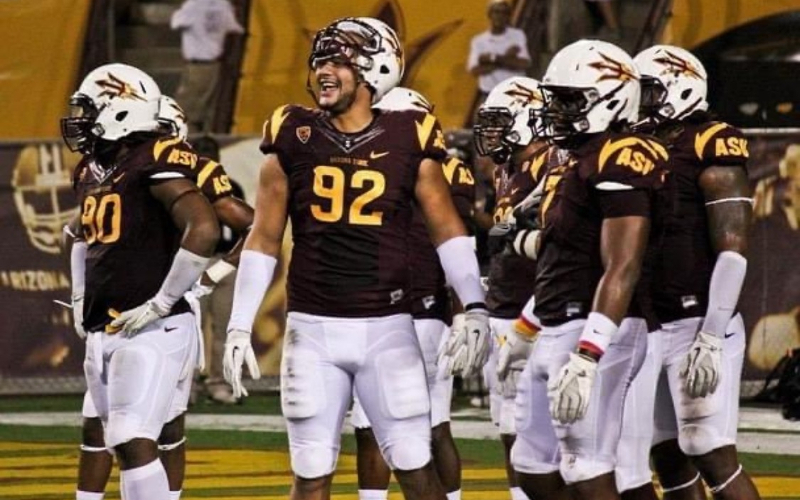
It was around the end of Jamaar’s junior year of college that we noticed changes in his behavior. His mood would swing from happy-go-lucky, social, and fun to a more reclusive, depressed state. I attributed it to general stress from life and not knowing what he was going to do after football at ASU. Jamaar didn’t have a backup plan — it was all about football. I later learned he was in a lot of pain from the years of getting hit and was taking pills to manage the pain.
Once Jamaar graduated, he returned home but was never the same. He had episodes of severe depression and moodiness, lying in bed for days at a time. He started drinking to get through these periods and then, all of a sudden, he would stop and be himself again for a few months. He would often say “something was wrong” with his brain. Even through this, Jamaar managed to obtain his insurance license and was doing great professionally. He was an amazing salesman! He had a beautiful apartment by the beach, his dog, and a great job working with people he really liked, but it didn’t stop the episodes. In fact, they continued to get worse, lasting longer, and he consumed larger amounts of alcohol every time. He even began having seizures. Jamaar was not an alcoholic. This was simply his way to cover up the pain and suffering.
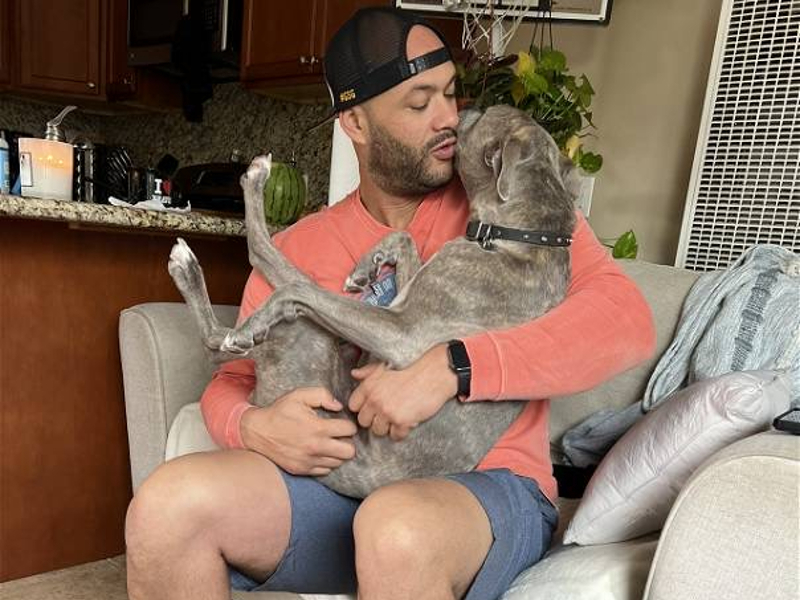
At one point, Jamaar had a double grand mal seizure and ended up with staples from hitting his head on the concrete. He told paramedics he had CTE from playing football and that there were occasions where his hands had a life of their own and he couldn’t control their movement. Two days after this event, he attempted to take the staples out with pliers. His behavior became more self-abusive and was scary to witness.
During Jamaar’s last days, he continued to fight, but he knew it was time. Some of his last words were, “I am leaving here. I am going to Hawaii. It is going to be so beautiful and so peaceful.” He also said, “Just be happy. Love yourself.” These words will forever be remembered. Jamaar was an absolutely beautiful person.
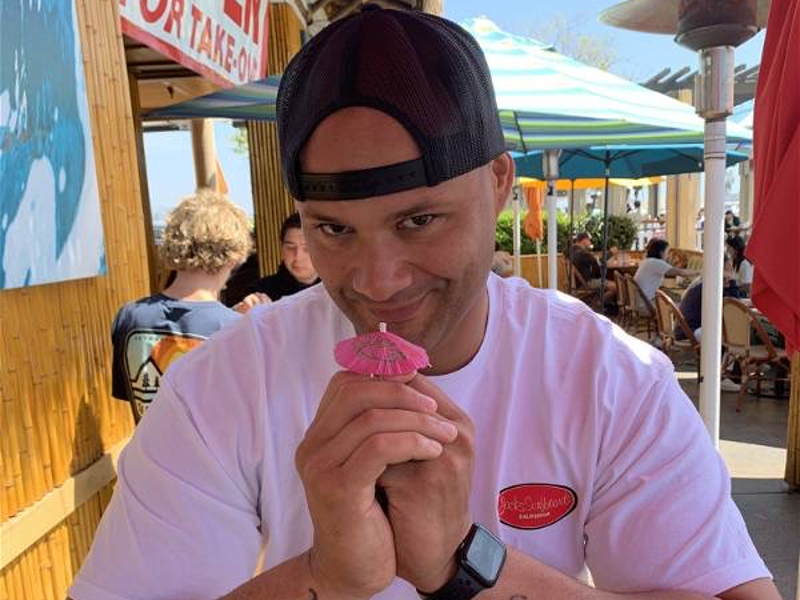
If love could have saved him, he would have lived forever.
